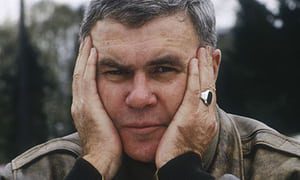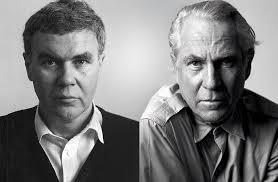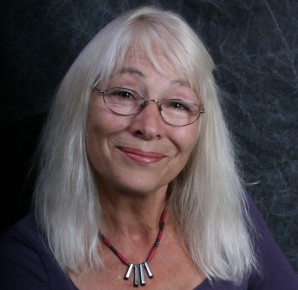I was thinking this morning about the … IMO … often awful way Gordon Lish edited Raymond Carver’s stories. I found this article written in 2015 which is interesting. I’m glad he did not manage to edit more than three of Carver’s books, and I’m glad that Tess Gallagher called it up in the end.
https://www.theguardian.com/books/2015/dec/05/gordon-lish-books-interview-editing-raymond-carver
I think some of the clichés about writing, such as ‘write what you know’ which apparently was first said by Carver himself, stick like chewing gum in writers’ hair, especially inexperienced writers. If Carver was a heavy drinker and never strayed far from his patch, then what he ‘knew’ would’ve been very small and domestic, but the more you travel and the more open you are to subversive ideas, or other world views, the more you realise what you don’t know, so you could end up feeling that you know nothing… so you write nothing, is that the idea?
The story called ‘What we Talk About when We Talk about Love’ was the title Lish gave Carver’s story named ‘Beginnings.’ There’s no doubt that Lish’s title is more exciting but, sickeningly, the first half of the title, what we talk about, is often pirated and used by other writers. I hate to see that. I don’t like it simply because that was not Carver’s own title. I found this interview with Lish astonishing, and in particular this line:- ‘I saw in Carver’s pieces something I could fuck around with.’ This line is also very telling:- ‘Carver could not have been more enthusiastic, nor more complicit – nor complacent.’ Some parts of what Lish says in the interview are jumbled and difficult to read. [Seems he can’t talk as well as he edits] The following is another startling remark he made: – ‘I’m not exactly autistic, but if you called me that, I wouldn’t object.’ That dovetails in perfectly with some of the things I thought about his editing because, IMO, he had a rigid and unimaginative approach, so that no sentence could be left slightly sloppy, obscure, abstract… in other words, creative. I think he edited out of Carver’s work an essential element of his creativity. And I suspect, but don’t know, that if Carver was drinking all that time, then he may well have been ‘complacent’ and putty-like in Lish’s hands. At the end of the interview Lish is asked, ‘Are you interested in anyone else’s opinion? And he answers, ‘No, not really, or, more truly said, not at all. Would I be persuaded by anyone else’s opinion? Fat chance!’
So I’m using Lish to think about the idea that writers who lack confidence in their work should be careful about their relationship with editors and agents. Lish is perhaps an extreme example of what I mean, however, a story can be edited to death. Another cliché piece of advice for writers is that they have to endlessly edit their work, whereas I think the writer needs to be able to recognise the point at which to leave a story alone— when to say I like the way this now reads, sounds and feels. If an editor can make helpful suggestions which do not disturb the writer’s sense of the story, then it’s good to include them, otherwise it is not.
I think the order of importance in the writing of a piece of fiction, be it in whatever form, is that the story itself is compelling, the style in which it is written is well-considered and not imitative of the work of any other writer, the tone and the voice suit the story’s subject, the story contains no cliché ideas or sentences, the story structure functions to enhance the reading experience, the sentences are well-crafted and neatly edited in a way that does not impinge upon the flow of words and leaves a palpable sense of that writer’s individuality, or ‘voice.’
I also read an article by Victoria Mixon on Gordon Lish, and although, as I have said above, I dislike the cliché ‘write what you know’ as I would rather it be write what you feel, what she writes is spirited, for example she says:- ‘If you don’t know who Gordon Lish was, you will learn. Take note, all ye aspiring writers who someday hope to be edited: Lish was famous and influential, and his name is known throughout editing circles. But when he cut the whole last third of Carver’s story off and re-named it without even discussing the title first with Carver, he was wrong. Only famous and influential editors get to slash-&-burn and make wholesale alterations like that. The rest of us have to respect the writer’s ownership of their own work. If you don’t know who Raymond Carver was, go find out. The best lesson you can learn from him is: write what you know. Drinking and smoking and being broke and divorced was what Carver knew. And out of what he knew, Carver created literature.
http://victoriamixon.com/2009/12/01/talking-about-a-small-good-thing/





